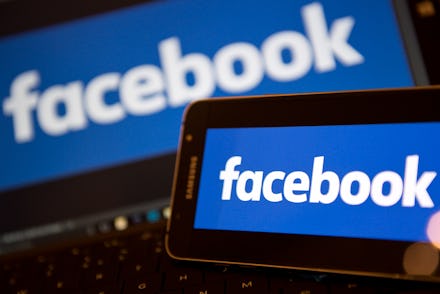Facebook's Safety Check feature pointed to a story about an explosion from 2015

On Tuesday, Facebook prompted users in Bangkok, Thailand to signal to friends that they were safe following an "explosion" in the city. The Safety Check feature was deactivated about an hour after it sent an alert to users, the Verge reported, and some users reported seeing an article from an explosion that occurred in 2015.
Facebook's Safety Check alert — one that could reach millions of users — linked to an unrelated story, confusing users unfamiliar with the latest explosion. Bangkok-based political blogger Saksith Saiyasombut indicated on Twitter that the source of information for the Bangkok explosion was pulled from a Bangkok Informer article that linked to the 2015 Erawan Shrine bombing.
As of November, Safety Check is automatically triggered by posts from the Facebook community. Facebook wrote in a blog post that after an incident has occurred, a third party source will notify Facebook, and "if a lot of people in the area are talking about the incident, they may be invited to mark themselves safe through Safety Check."
But it's unlikely "a lot of people" were posting about an explosion in Bangkok that occurred over a year ago — and that it would warrant a safety check alert. The feature was instead an alert, confirmed by a third party albeit inaccurately sourced, for a protester who threw ping pong bombs into the Government House.
"Safety Check was activated today in Thailand following an explosion," a Facebook spokesperson said in an email to Mic. "As with all Safety Check activations, Facebook relies on a trusted third party to first confirm the incident and then on the community to use the tool and share with friends and family."
Facebook would not say on the record what the trusted sources were.
Safety Check has proven an invaluable tool during attacks and natural disasters, but without guardianship over the accuracy or language of the feature, it can dangerously spread misinformation.
Take the Berlin market crash: After the news broke in December, Facebook activated Safety Check quickly, calling the event an "attack" before authorities and news agencies had determined whether or not it was one. Shortly after, Facebook quietly changed the label from "attack" to "violent incident."
On a platform where fake news and hoaxes thrive, a move like this puts Facebook in the role of news creator. Despite that functionality, the company repeatedly says it doesn't consider itself a media organization.
Correction: Dec. 27, 2016